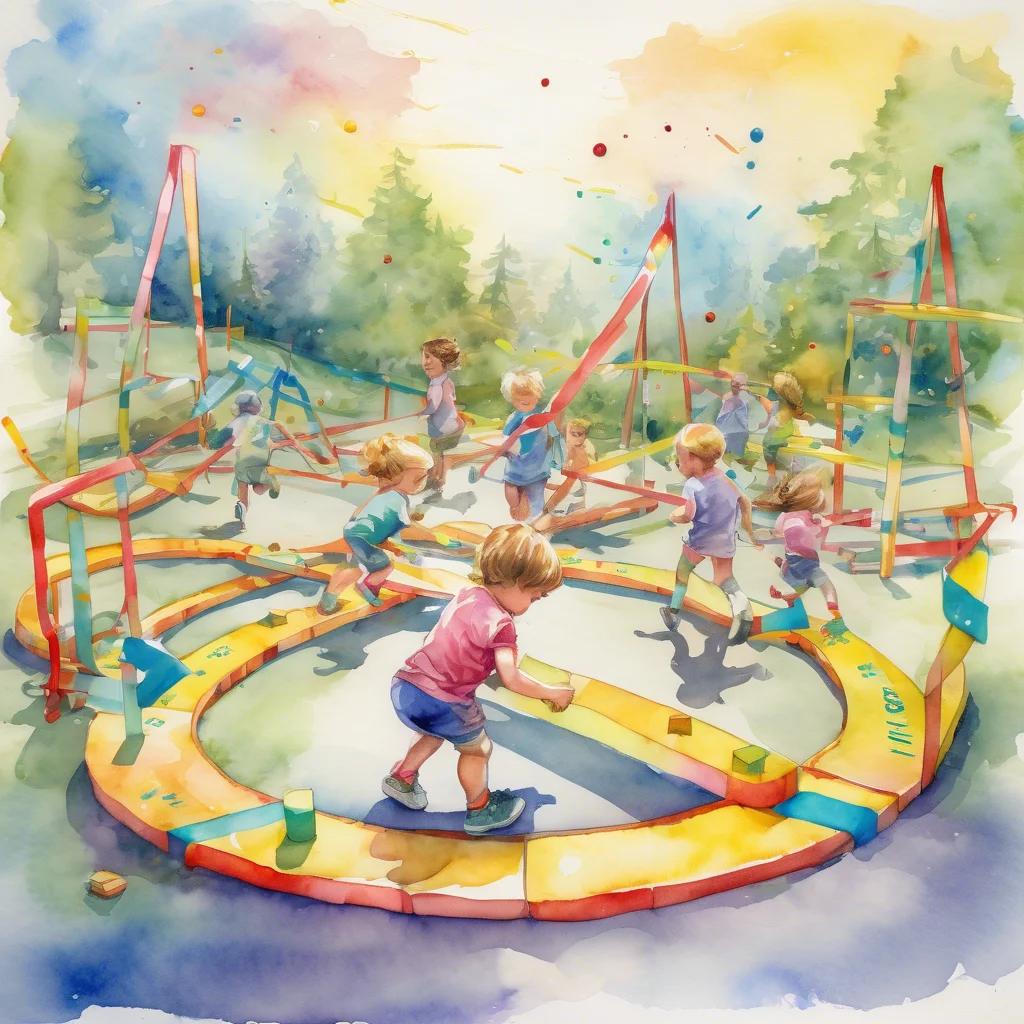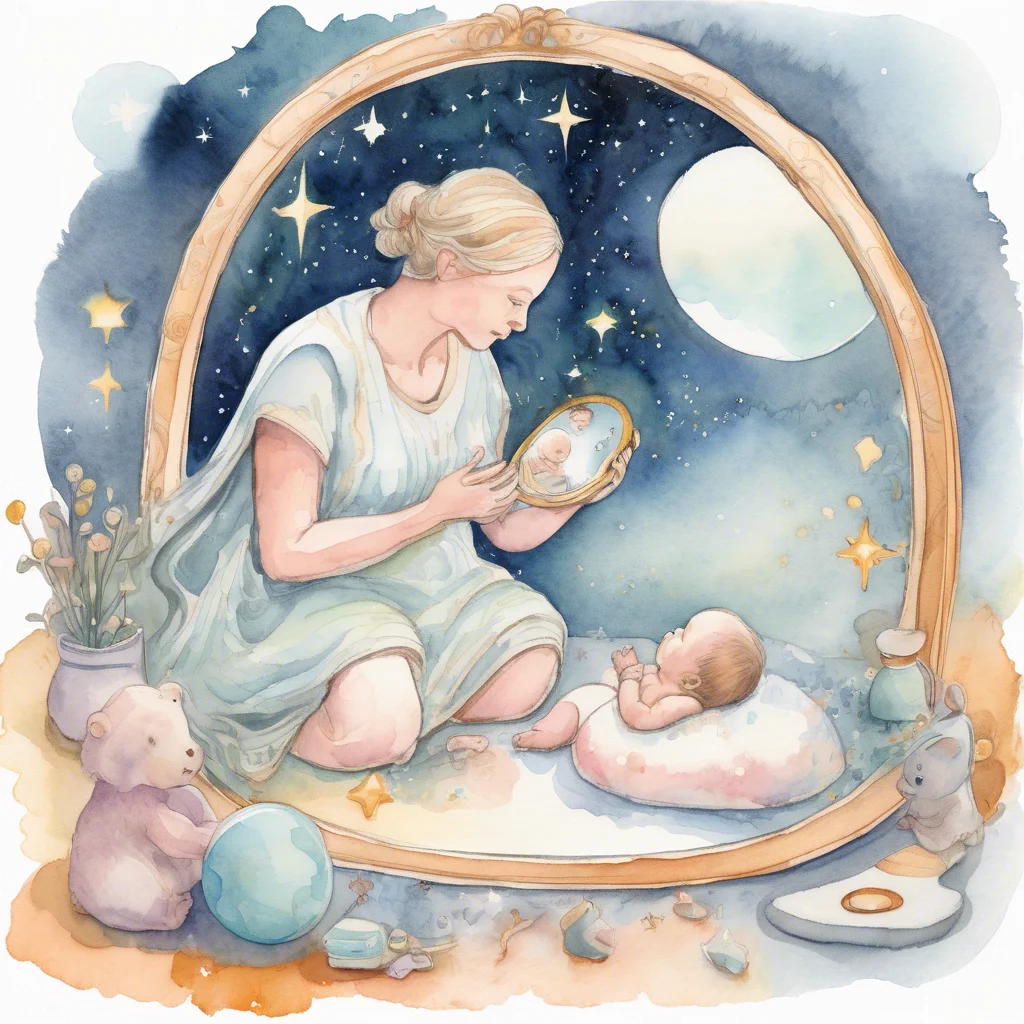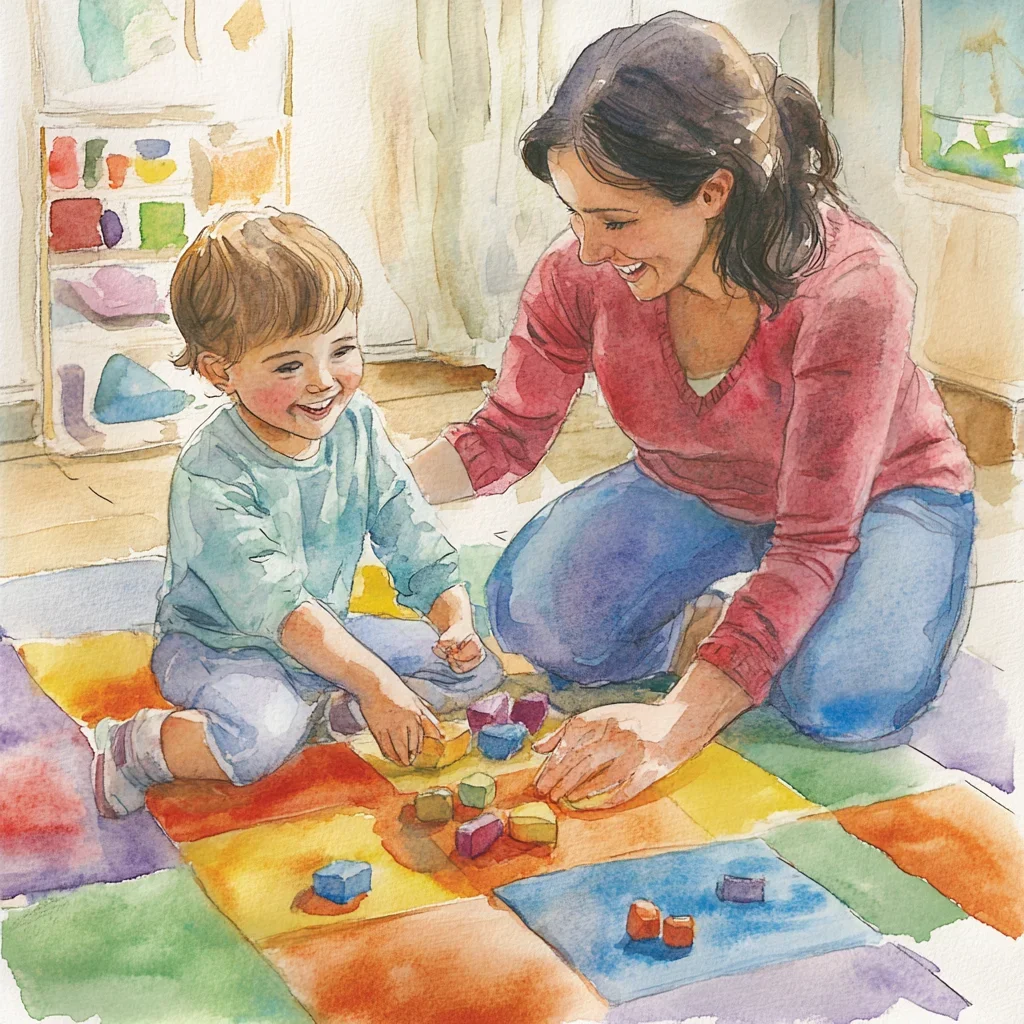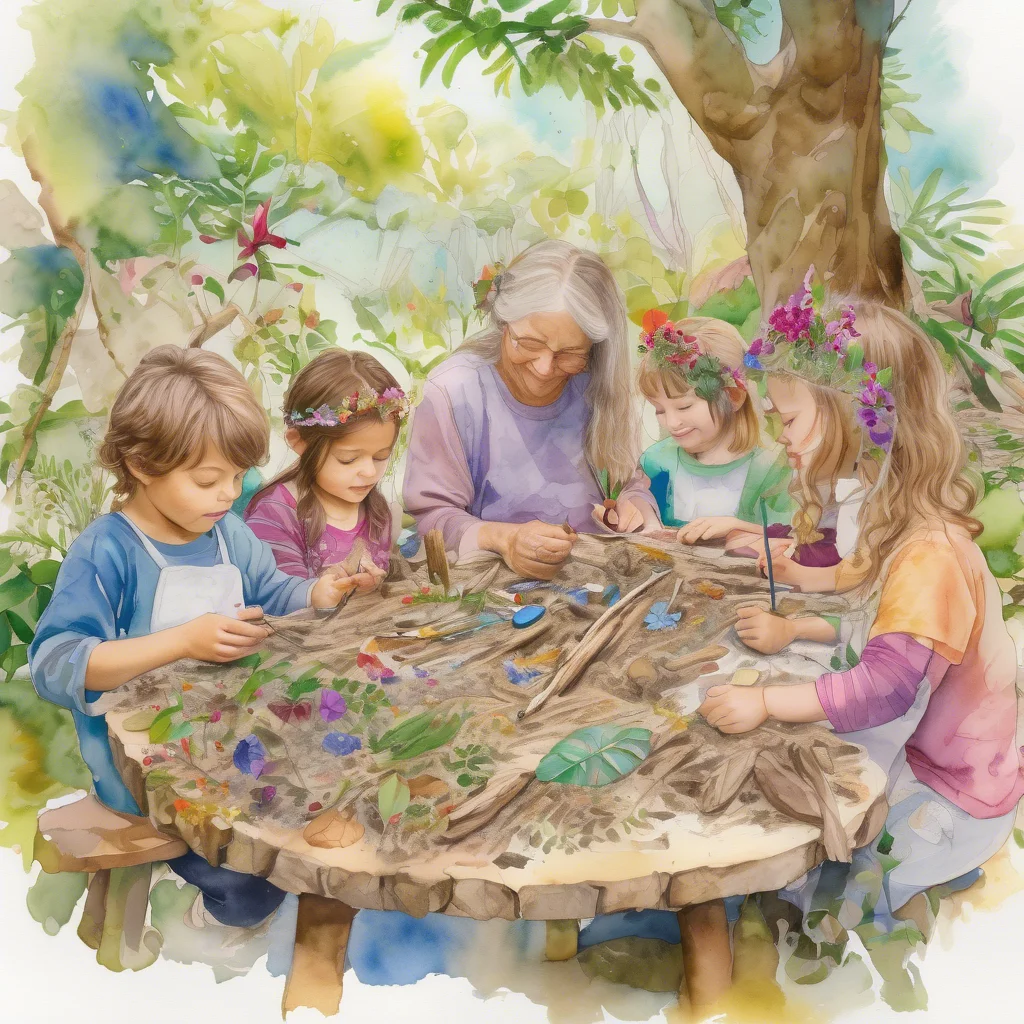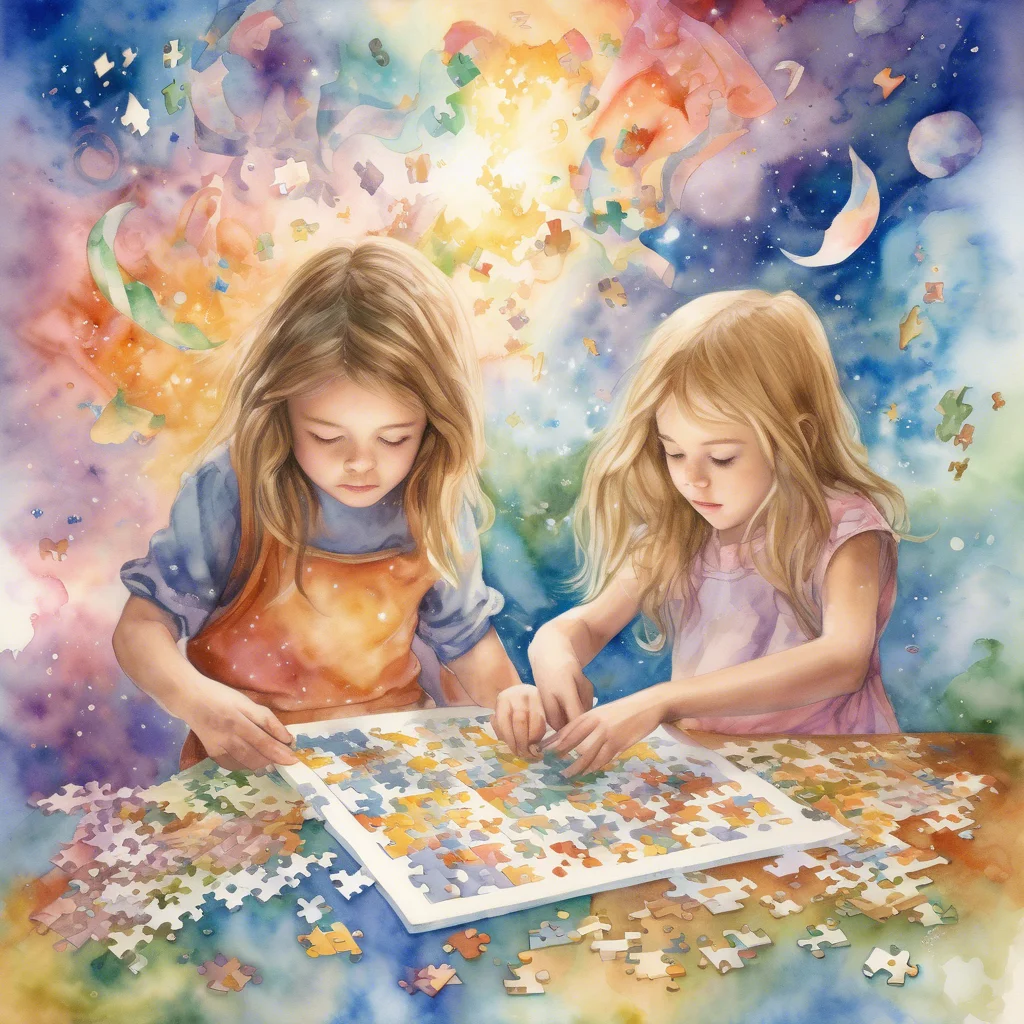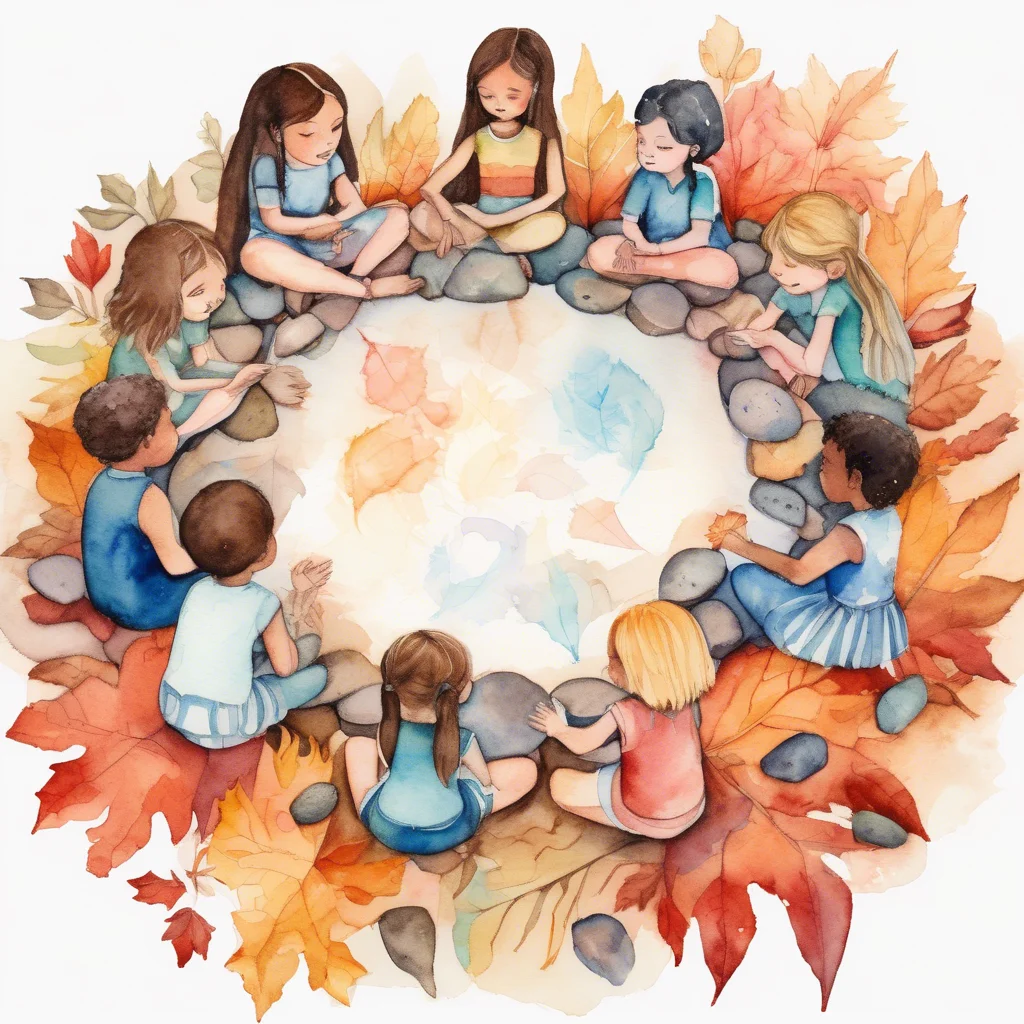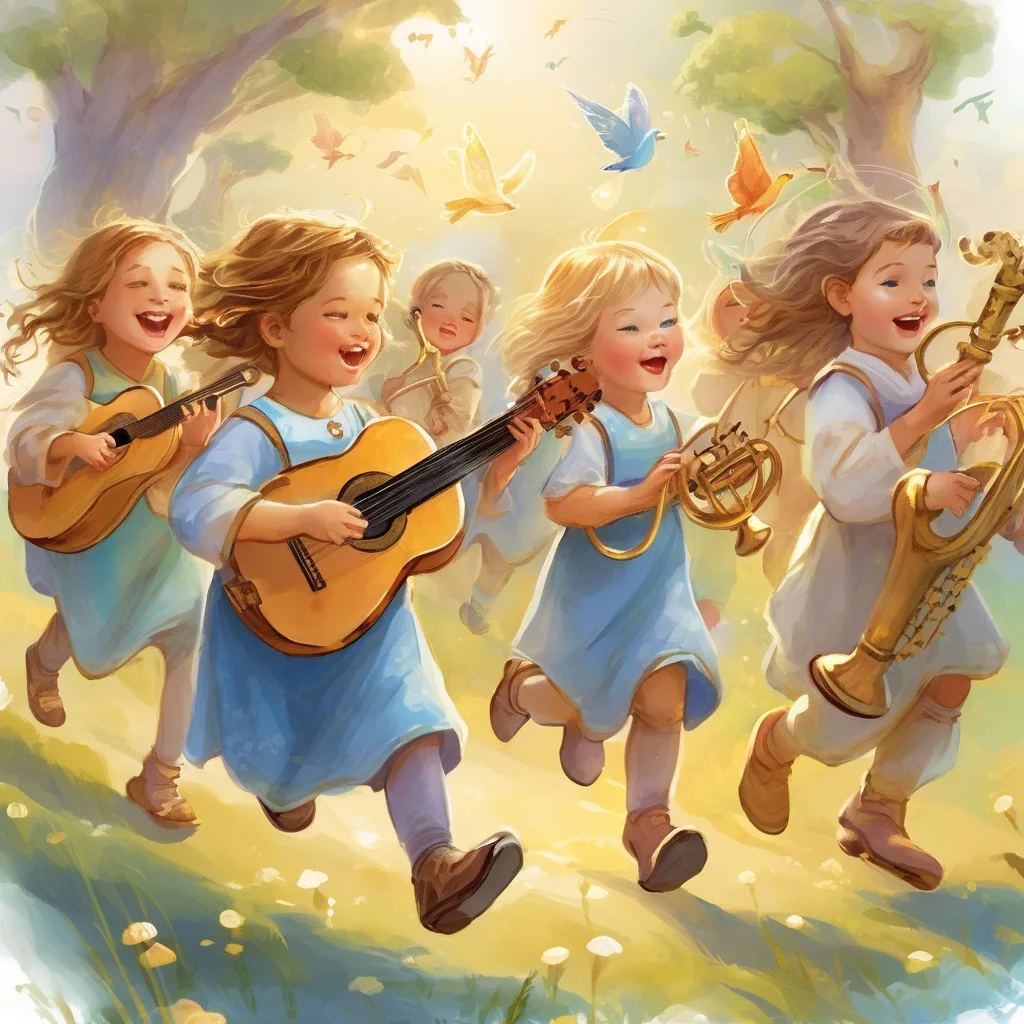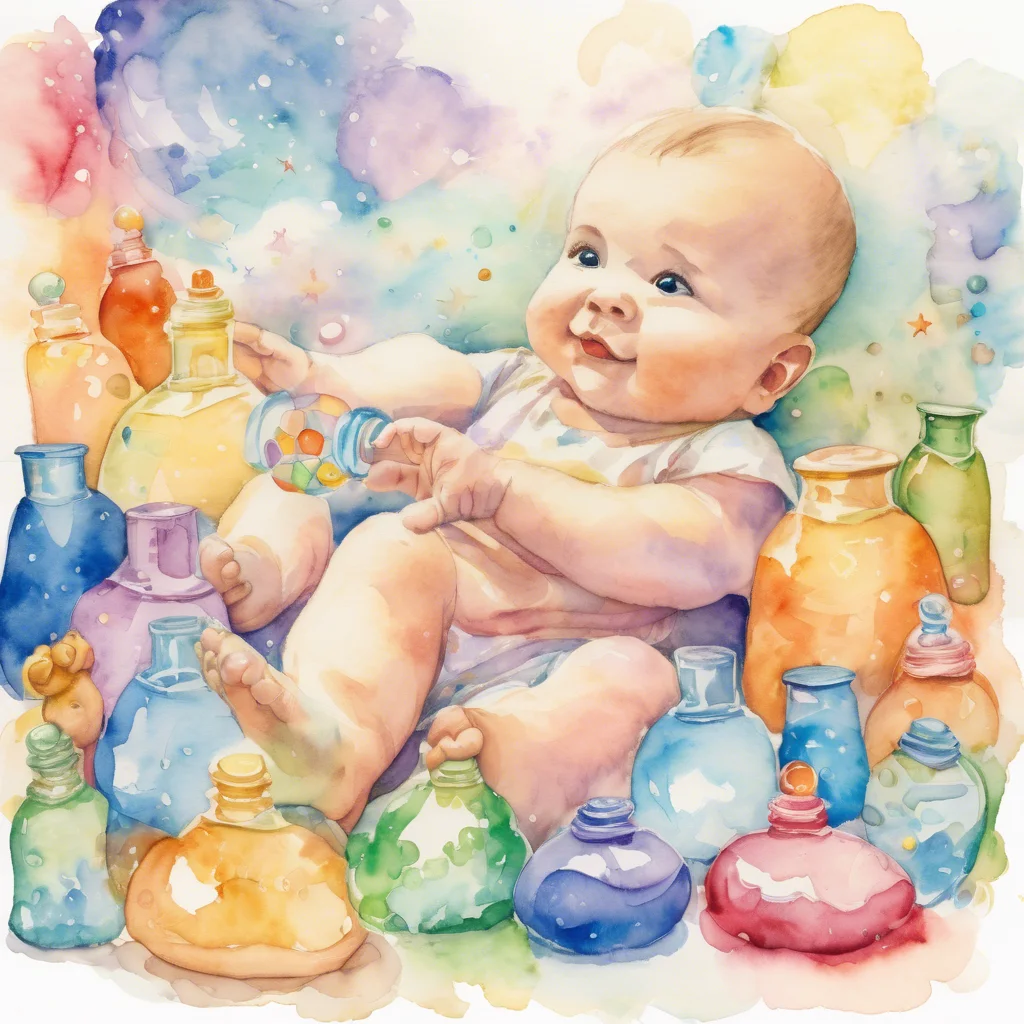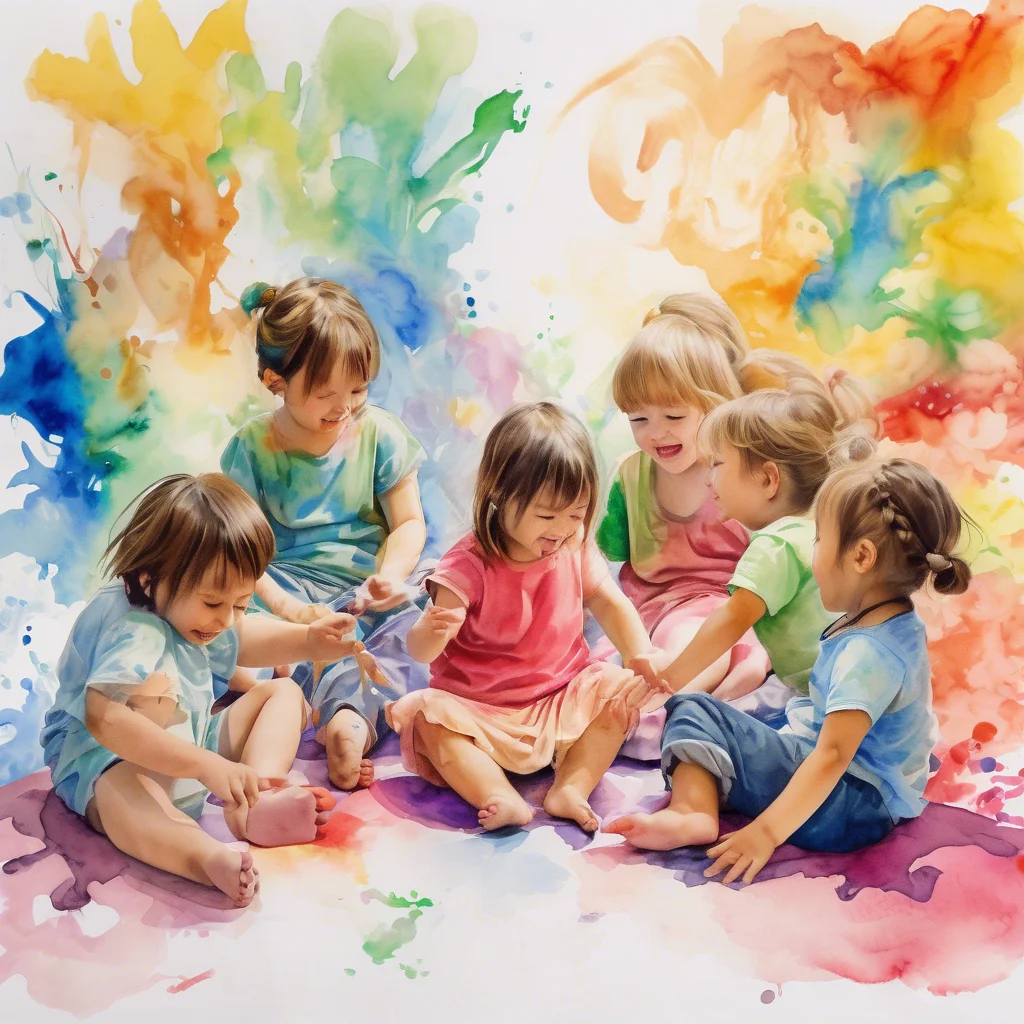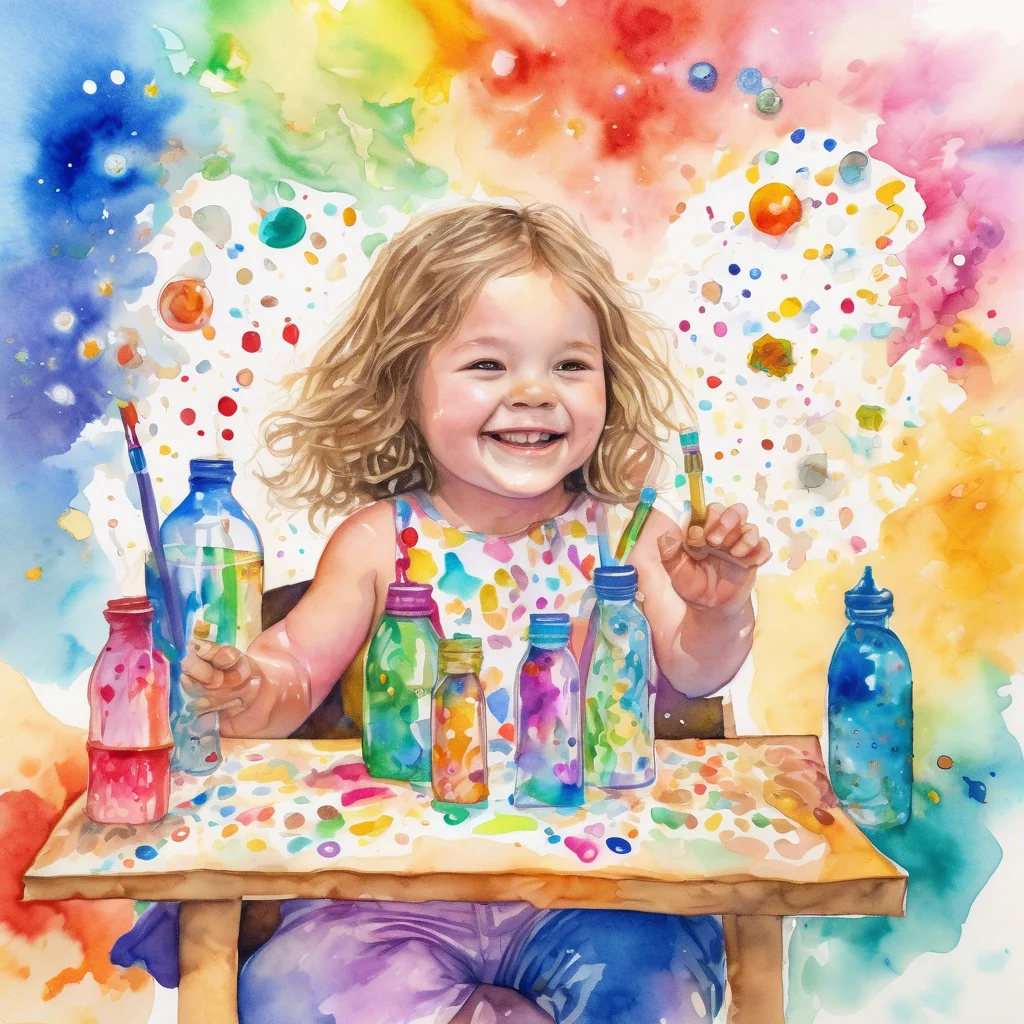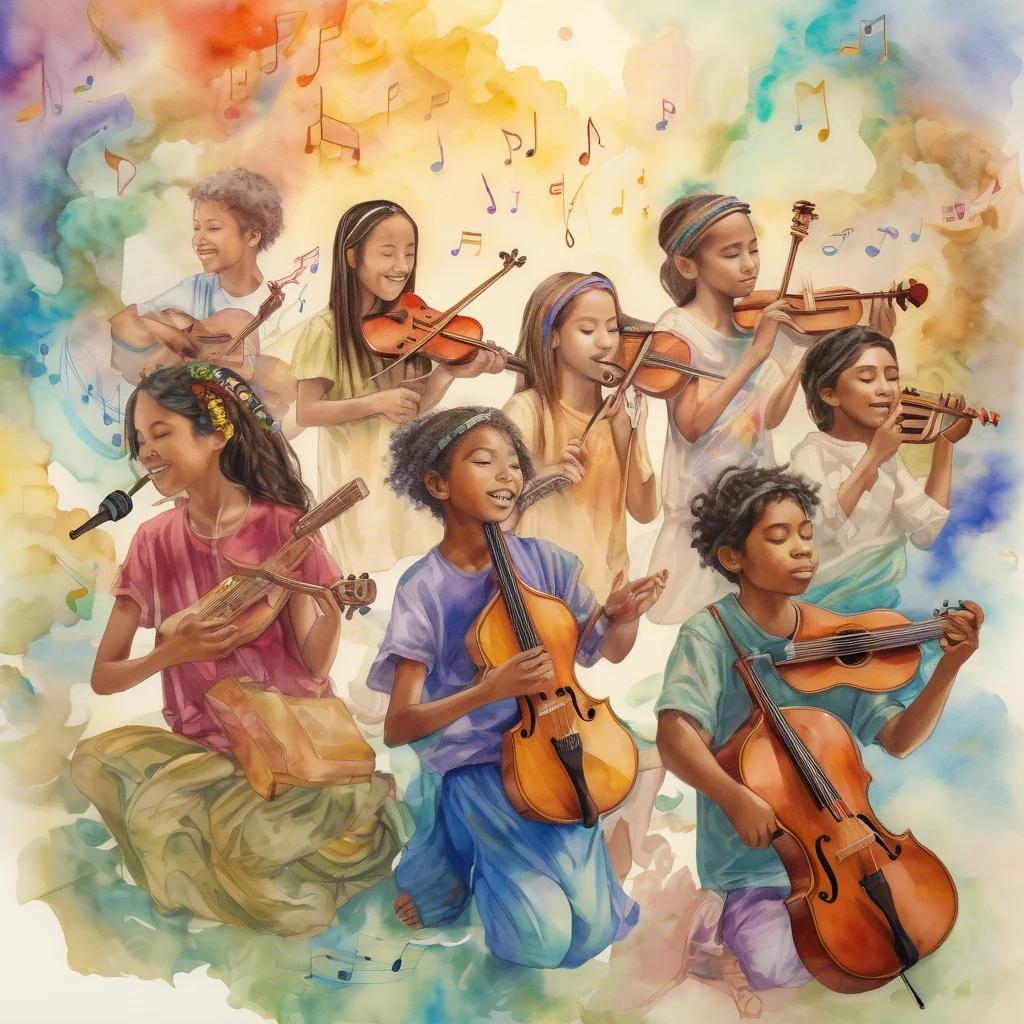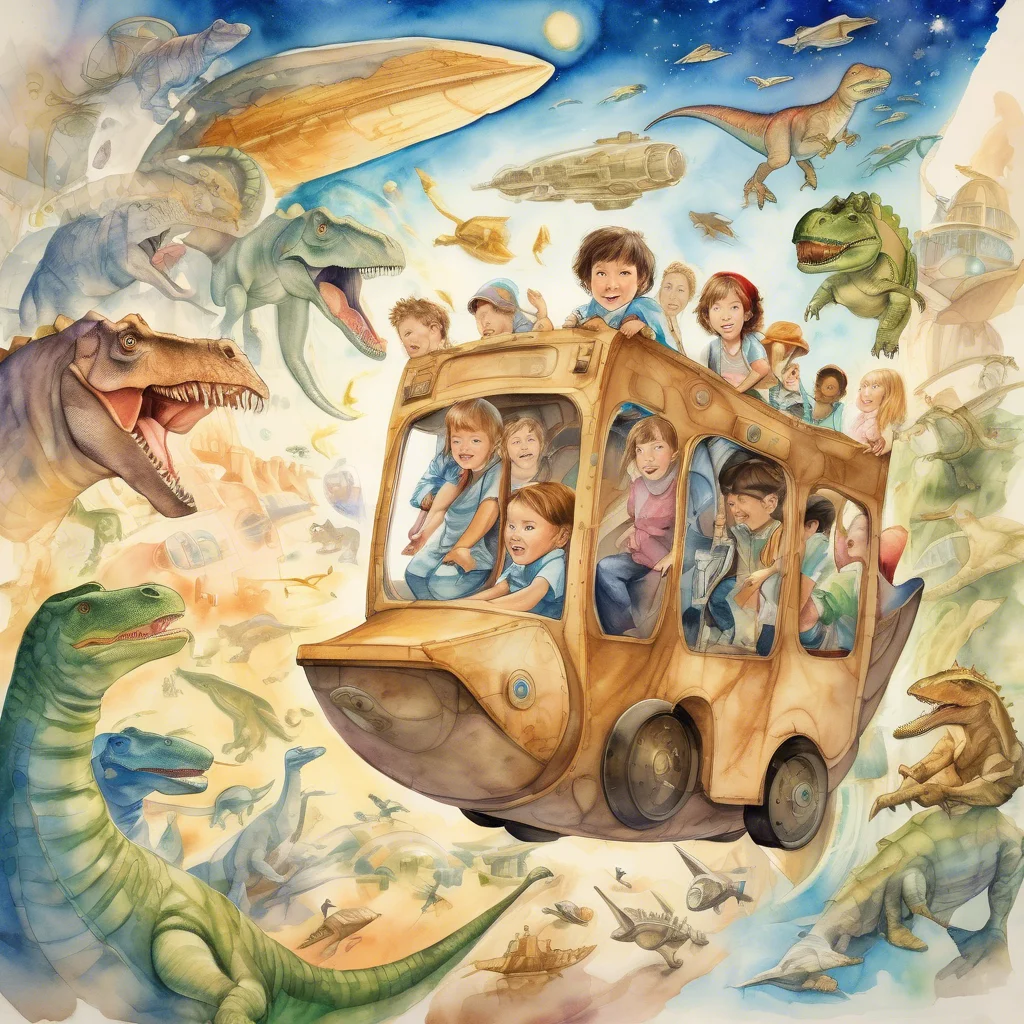Child Development Activities
A global platform designed to support children’s growth, creativity, and learning through meaningful play.

Random Activity:
Bubble Fun Motor Skills Play - Bubbling Adventures
Children’s Age: 1–1.5 years
Activity Duration: 5 – 10 minutes

Latest Activities
Enchanted Numbers: Number Hunt Obstacle Course Adventure
Engage children aged 24 to 36 months with the "Number Hunt Obstacle Course" activity, a fun game that enhances number recognition skills. Set up a saf...
View ActivityEnchanted Infant Sensory Exploration with Household Items
Engage infants aged 3 to 9 months in a sensory exploration activity using common household items. Set up a safe area with soft fabrics, a wooden spoon...
View ActivityAround the World Market Adventure: Cultural Play
Engage children in the "Around the World Market Adventure," a playful and educational activity fostering play skills and cognitive development. Set up...
View ActivityColorful Objects Sorting Game for Cognitive Development
This colorful sorting game is designed to boost your child's cognitive skills and nurture their curiosity. Gather safe, colorful objects like blocks o...
View ActivityEnchanted Garden: Nature Sculpture Garden Adventure
Engage children aged 48 to 72 months in the "Nature Sculpture Garden" activity, promoting creativity and empathy. Using natural materials like sticks ...
View ActivityWhimsical Puzzle Race Challenge: A Playful Adventure
The Puzzle Race Challenge activity is designed to boost play skills, self-care skills, logical thinking, and problem-solving in children aged 4 to 8. ...
View ActivityNature's Patterns: Exploring Geometric Symmetry Journey
Embark on the "Exploring Nature's Patterns" activity to discover geometric shapes and symmetry in nature. Children will enhance adaptive skills, langu...
View ActivityEnchanted Melodies: Musical Rhyme Relay Adventure
Engage children aged 36 to 48 months in the Musical Rhyme Relay, a fun activity promoting adaptive development and communication skills. Set up a rela...
View ActivityBaby Sensory Bottles - Magical Sensory Adventure
Engage your 3 to 6-month-old baby in sensory play with baby sensory bottles filled with colorful delights. Create these engaging bottles using clear p...
View ActivityCounting Cupcake Decorations: Numerical Frosting Adventure
The "Counting Cupcake Decorations" activity is tailored for children aged 3 to 5, offering a delightful way to boost academic skills through cupcake d...
View ActivityHarmony of Colors: Collaborative Finger Painting Masterpiece
Engage children aged 24 to 36 months in the "Collaborative Finger Painting Masterpiece" activity to foster empathy, cooperation, and creativity. Set u...
View ActivityColorful Sensory Bottle Activity for Kids
Let's make a Colorful Sensory Bottle! This fun activity helps kids explore their senses, creativity, and language skills. You'll need a clear plastic ...
View ActivityMagical Melodies: Sensory Sound Exploration
Engage infants aged 3 to 9 months in the Sensory Sound Exploration activity to boost communication, cognitive, and language skills through sensory pla...
View ActivityCosmic Harmonies: Music from Space Journey
"Music from Space" is an engaging activity tailored for children aged 10-12, combining fun and education to promote academic growth, empathy, and ecol...
View Activity"Whimsical Time Travelers Stationery Adventure"
Embark on the "Time Travelers Stationery Adventure" designed for children aged 36 to 48 months to boost play skills and cognitive development. Create ...
View ActivityTextures of Wonder: Sensory Play with Fabric Scraps
Engage infants aged 3 to 9 months in a sensory play activity using fabric scraps to explore textures and support language development. Lay out soft fa...
View ActivityLocation
Period
Type
Goal or Purpose
Required Materials

Random Activity:
Nature's Balance Trail: A Tale of Textures and Tales
Children’s Age: 1–1.5 years
Activity Duration: 5 – 10 minutes

Developmental activities
Adaptive Development
Adaptive development refers to the acquisition of skills that enable individuals to effectively and independently manage daily life activities. This includes abilities such as self-care, problem-solving, decision-making, and adjusting to new situations. These skills are essential for personal autonomy and successful interaction within various environments.Academic Development
Academic development refers to the enhancement of skills and knowledge in formal education settings. It includes subjects such as mathematics, science, language, and social studies, as well as critical thinking, problem-solving, and study skills. A strong academic foundation helps individuals succeed in school and beyond.Ecological Awareness
Ecological awareness involves understanding the importance of nature and the impact of human activities on the environment. It includes learning about sustainability, conservation, pollution, and ways to protect natural resources. Developing ecological consciousness helps individuals become responsible global citizens.Empathy Development
Empathy development focuses on understanding and sharing the feelings of others. It includes recognizing emotions, practicing active listening, and responding with kindness and compassion. Strong empathy skills foster better relationships, social harmony, and emotional intelligence.Language Development
Language development refers to the process of acquiring and improving communication skills, including speaking, listening, reading, and writing. It plays a crucial role in cognitive and social development, allowing individuals to express thoughts, understand others, and interact effectively in different environments.Play Skills
Play skills refer to the ability to engage in different types of play, including imaginative, social, and structured activities. Through play, children develop problem-solving abilities, creativity, teamwork, and social interactions. It is an essential part of learning and emotional growth.Self-Care Skills
Self-care skills involve the ability to perform daily tasks independently, such as dressing, grooming, eating, and hygiene. Developing self-care abilities helps build confidence, responsibility, and independence, which are crucial for a child's overall development.Self-Regulation
Self-regulation is the ability to manage emotions, behavior, and impulses in different situations. It includes skills such as emotional control, focus, patience, and adapting to challenges. Developing self-regulation helps improve academic performance, social relationships, and emotional well-being.Cognitive Development
Cognitive development refers to the growth of thinking, problem-solving, and decision-making abilities. It includes memory, attention, logical reasoning, and the ability to learn new concepts. Strong cognitive skills are essential for academic success and lifelong learning.Communication Skills
Communication skills involve the ability to express oneself clearly and understand others effectively. It includes verbal and non-verbal communication, listening skills, and social interactions. Strong communication skills help build relationships and succeed in various life situations.Cultural Development
Cultural development involves understanding and appreciating different traditions, beliefs, and artistic expressions. It includes learning about history, literature, music, and customs from various societies. Exposure to cultural diversity helps build tolerance, respect, and a global perspective.Moral Development
Moral development refers to the process of understanding and applying ethical principles such as honesty, kindness, and responsibility. It helps individuals differentiate between right and wrong and guides them in making fair and respectful decisions in social interactions.Motor Development
Motor development involves the growth of fine and gross motor skills, which are essential for movement, coordination, and physical activity. It includes activities like crawling, walking, running, and hand-eye coordination. Developing motor skills supports overall physical and cognitive growth.Sensory Development
Sensory development involves the enhancement of the five senses: sight, hearing, touch, taste, and smell. It helps individuals process and respond to their environment effectively. Activities that stimulate sensory development contribute to cognitive growth, motor skills, and overall well-being.Social-Emotional Development
Social-emotional development refers to the ability to understand, express, and manage emotions while building relationships with others. It includes self-awareness, empathy, communication, and emotional regulation. Strong social-emotional skills promote positive social interactions and mental well-being.Spiritual Development
Spiritual development involves exploring personal values, purpose, and inner peace. It includes developing a sense of connection with oneself, others, and the world. This process helps individuals cultivate mindfulness, gratitude, and a deeper understanding of life.Physical Development
Physical development refers to the growth and strengthening of the body, including muscles, bones, and overall motor skills. It includes activities such as running, jumping, and balance exercises. Strong physical development supports overall health, coordination, and an active lifestyle.Digital Skills
Digital skills refer to the ability to use technology effectively, including computers, mobile devices, and the internet. It includes basic computer literacy, online safety, and responsible digital communication. Developing digital skills is essential in today's world for education, work, and social interaction.Creative Development
Creative development involves nurturing imagination and originality through artistic expression, problem-solving, and innovation. It includes activities such as drawing, storytelling, music, and creative thinking. Encouraging creativity helps develop self-expression, confidence, and critical thinking skills.Health and Safety Skills
Health and safety skills involve understanding and practicing habits that promote physical well-being and personal security. It includes hygiene, nutrition, first aid, and awareness of potential dangers. Developing these skills ensures a healthier and safer lifestyle.
